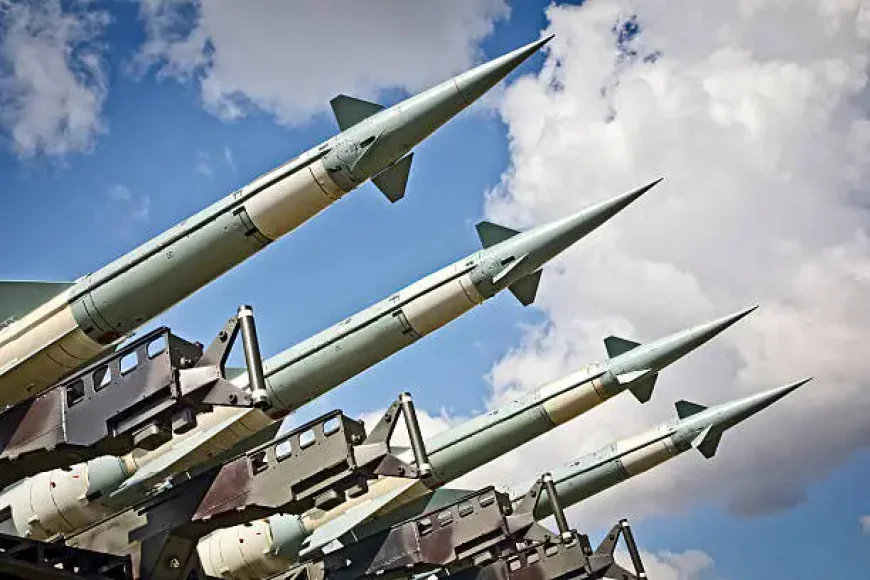Regional War Fears Mount as Iran Responds to US Attacks with Strikes on Israel
Moments after U.S. airstrikes on Iran's nuclear facilities, Iran fired missiles at Israeli cities, escalating fears of a wider Middle East conflict. At least 25 dead and dozens injured in Israel.

TEL AVIV, ISRAEL — Tensions in the Middle East escalated dramatically Friday night as Iran launched a wave of missile attacks on Israeli cities in retaliation for a U.S. military strike on Iran’s major nuclear facilities.
The U.S. airstrikes targeted sites at Fordow, Natanz, and Isfahan, which are believed to be central to Iran’s nuclear program. Within hours, Iranian missiles began raining down on several Israeli cities, prompting widespread panic and raising alarms of a broader regional war.
According to Israeli emergency officials, at least 20 people have been injured, with missile impacts reported in Tel Aviv, Jerusalem, Haifa, and Beersheba. Air raid sirens sounded across the country as explosions rocked multiple locations.
“Debris landed near the northern port of Haifa, and additional strikes hit southern cities,” one Israeli security official told local media.
Since hostilities began on June 13, Israeli authorities report that 25 people have died and more than 50 missile attacks have occurred across the nation.
Iran Vows "Lasting Consequences"
The attack from Iran follows a statement from former U.S. President Donald Trump, who claimed that U.S. forces had "completely destroyed" Iran's nuclear facilities in the preemptive strike.
Iran’s foreign ministry condemned the U.S. action, warning of "lasting consequences" and vowing retaliation.
Despite the scale of the U.S. attack, both the International Atomic Energy Agency (IAEA) and Iranian nuclear safety authorities report no detectable rise in radiation levels following the bombing of the nuclear sites.
Global Concerns Mount
International observers fear that the tit-for-tat strikes could spiral into a full-scale regional conflict, drawing in other actors across the Middle East.
While Israel has not officially declared a broader military operation in response, military analysts warn that continued retaliation from both sides could trigger a multi-front war involving Hezbollah, U.S. forces in the region, and Gulf allies.
The United Nations Security Council is expected to convene an emergency session within the next 24 hours.
Editor’s Note: This story is developing and will be updated with additional information from Israeli, Iranian, and U.S. officials as it becomes available.


